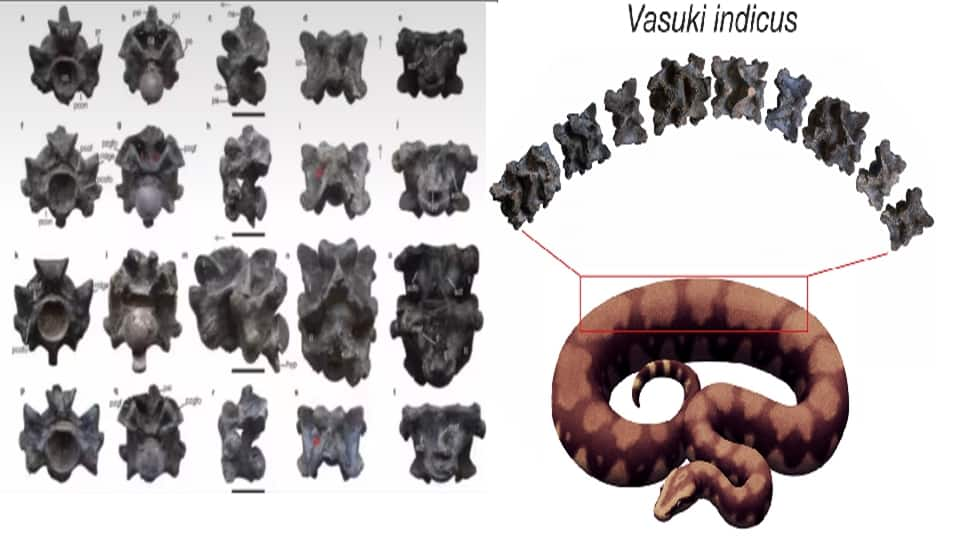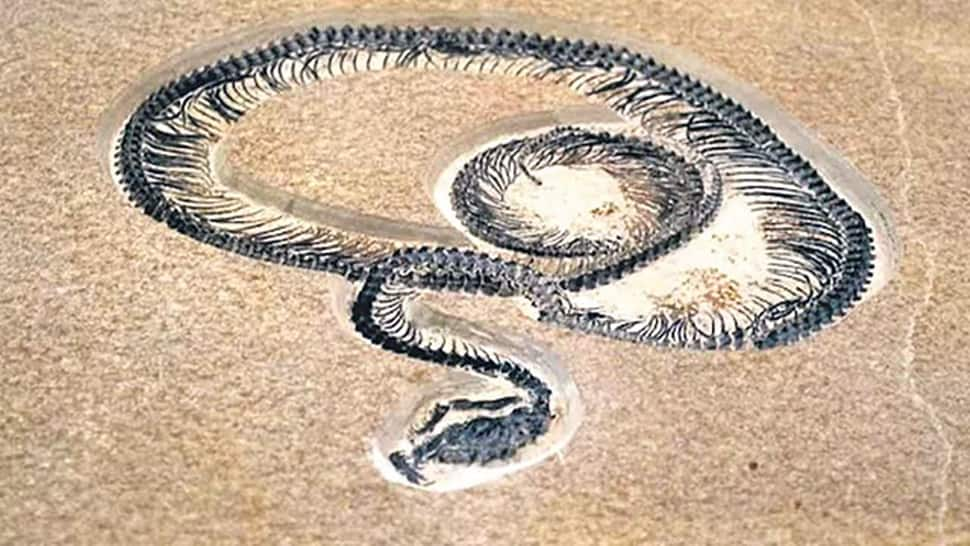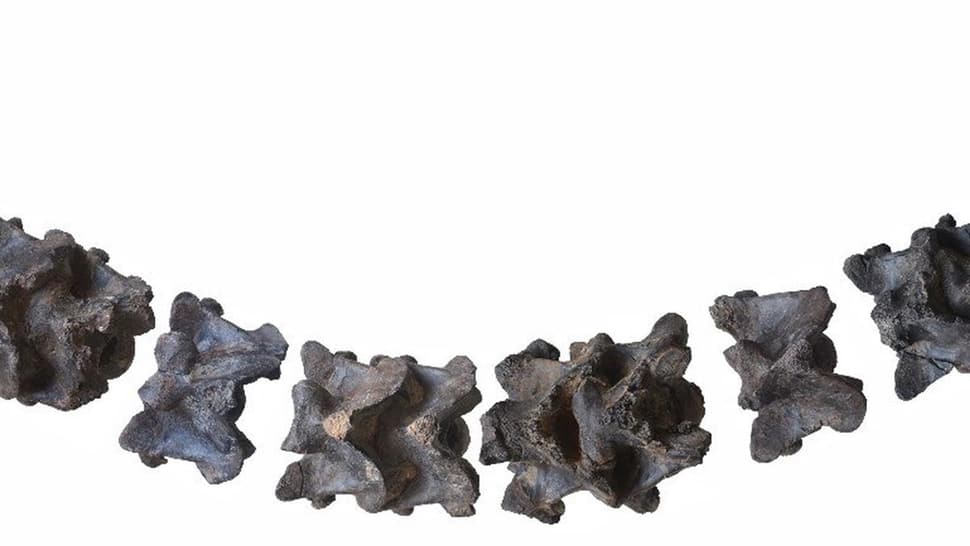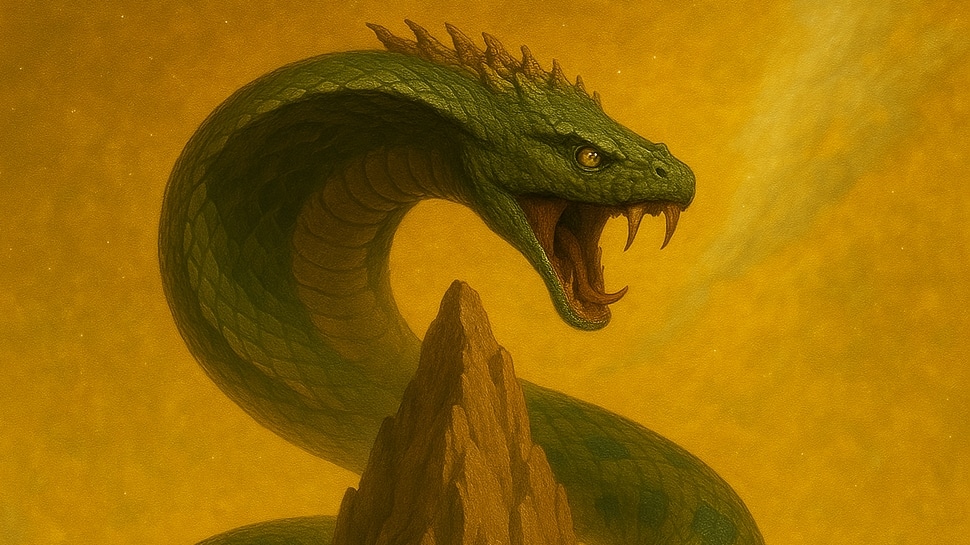)
For almost two decades, dedicated researchers from IIT Roorkee have meticulously studied these remains. Their findings reveal a fascinating connection to Vasuki Naag, the revered mythical serpent famously depicted as a divine ornament around Lord Shiva’s neck.

This scientific breakthrough not only challenges our previous understanding of the largest snake to ever grace the Earth but also adds an unexpected layer of credibility to ancient Indian scriptures that speak of mighty serpents like Vasuki. Let's take a look:

The journey of this monumental discovery began along the Kutch coastline in Gujarat. This area has now become a captivating hub, drawing in not only serious researchers but also enthusiasts of mythology, all eager to witness where this incredible ancient creature once roamed.

For a long time, the Titanoboa was considered the undisputed champion of ancient snakes, believed to be the longest at 42 feet. However, the newly uncovered Vasuki fossil changes everything. At a breathtaking 49 feet, it potentially takes the crown as the largest snake ever unearthed on Earth.

Imagine a snake weighing around 1,000 kilograms! That's the estimated weight of this ancient serpent. What's even more astonishing is that this species managed to adapt and survive through catastrophic events, even those that led to the extinction of dinosaurs.

Given the striking references to Vasuki Naag in Hindu scriptures, the scientific community has aptly named this newly identified serpent "Vasuki." This naming choice beautifully highlights a fascinating bridge between the ancient world of mythology and the rigorous field of paleontology.

Early snakes, dating back over 160 million years, first emerged in the oceans. Fossil records have gradually illuminated their remarkable journey of evolution and adaptation to land. The discovery of Vasuki stands as one of the most dramatic and awe-inspiring examples of the immense scale these ancient creatures could achieve. And to end with, you must not forget that it was Vasuki which was used as a rope during Samudra Manthan.